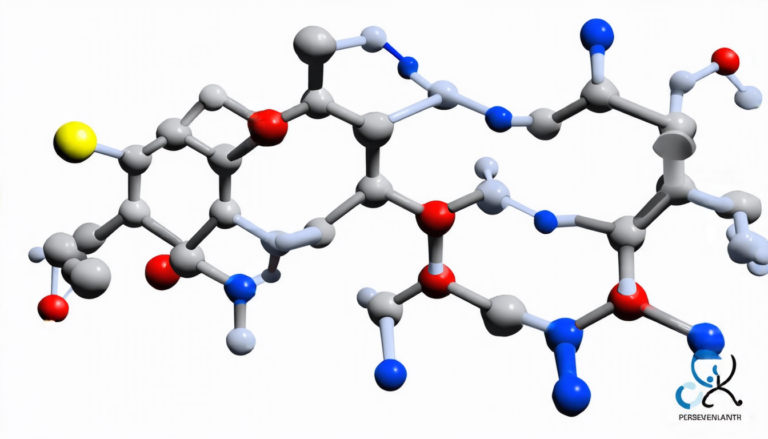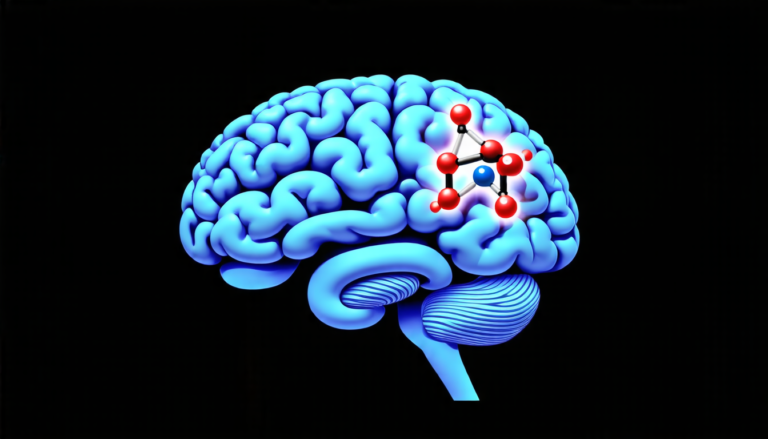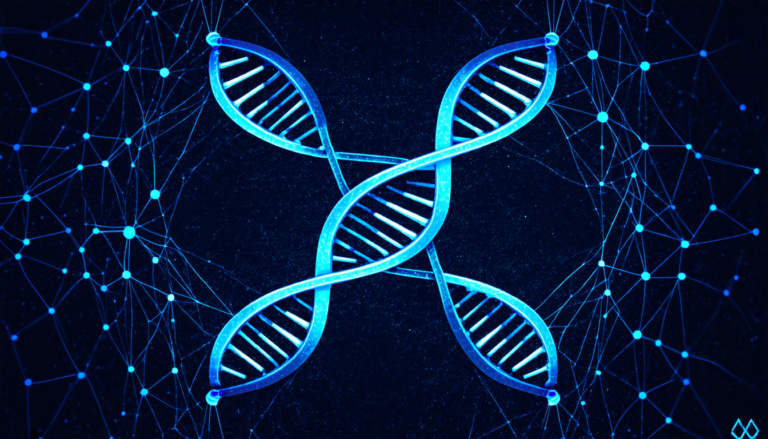Monday 24 March 2025
Scientists have long been fascinated by the complex and dynamic processes that occur within our bodies. From the intricate networks of blood vessels to the delicate balance of immune cells, the human body is a remarkable machine that relies on precise coordination between different cell types to function properly.
Recently, researchers have made significant strides in understanding the behavior of individual cells within these complex systems. By analyzing the genetic material and protein production of single cells, scientists are gaining insights into how cells adapt to changing environments, respond to diseases, and even contribute to tissue development and repair.
One area where this approach has shown great promise is in the study of cellular differentiation. This process, in which a single stem cell can give rise to multiple distinct cell types, is crucial for our bodies’ ability to heal and regenerate tissues. By analyzing the gene expression patterns of individual cells as they differentiate into different lineages, researchers are beginning to uncover the molecular mechanisms that underlie this complex process.
For example, scientists have used single-cell RNA sequencing to study the development of pancreatic beta-cells, which produce insulin to regulate blood sugar levels. By tracing the genetic changes that occur as stem cells become mature beta-cells, researchers have identified key genes and regulatory pathways that play a critical role in this process. This knowledge could ultimately lead to new treatments for type 1 diabetes, a disease in which the immune system attacks and destroys these vital cells.
Similarly, studies of single cells within the immune system are providing new insights into how our bodies respond to infection and disease. By analyzing the gene expression patterns of individual immune cells as they interact with pathogens, researchers are identifying key signaling pathways that regulate the immune response. This knowledge could lead to the development of more effective vaccines and therapies for a range of diseases.
In addition to their potential therapeutic applications, studies of single cells are also shedding light on the fundamental biology of human health and disease. By analyzing the genetic variation that occurs between individual cells within a tissue or organ, researchers are beginning to understand how this variation contributes to our susceptibility to different diseases. This knowledge could ultimately lead to new approaches for personalized medicine, in which treatments are tailored to an individual’s unique genetic profile.
As scientists continue to explore the world of single cells, it is clear that this approach holds great promise for advancing our understanding of human biology and improving human health. By analyzing the complex interactions between individual cells within our bodies, researchers are gaining insights into the intricate mechanisms that underlie our development, health, and disease.
Cite this article: “Unlocking the Secrets of Single Cells: New Insights into Human Biology and Disease”, The Science Archive, 2025.
Single Cells, Rna Sequencing, Cellular Differentiation, Stem Cells, Gene Expression, Immune System, Pancreatic Beta-Cells, Type 1 Diabetes, Personalized Medicine, Human Biology
Reference: Alexandre Hutton, Jesse G. Meyer, “Trajectory Inference for Single Cell Omics” (2025).







